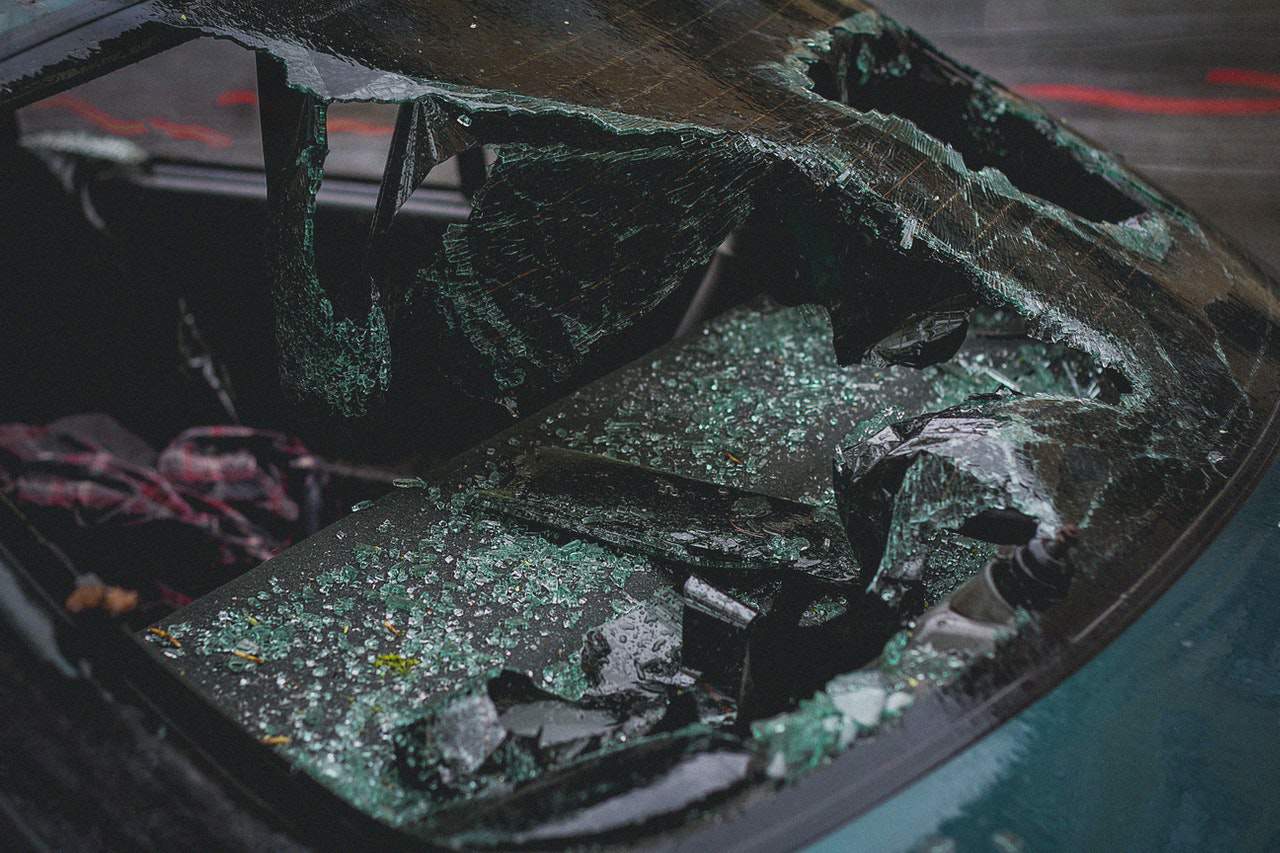If you’re in an accident of any kind, it’s stressful, whether it’s your fault or someone else’s fault. In many cases, car accidents are fairly minor or seem so at the time. If that’s the case for you, you’ll have to decide whether to call the police at the time.
The following are six things to know regarding minor accidents and when you need to call the police to the scene.
1. Know Your State’s Laws
Some states require individuals to call the police to report accidents if there is an injury, death, or even minimal property damage. This can include accidents that occur in parking lots and highways.
You’re required under the code of law to file a report, sometimes within a certain period of time, depending on the state where you are. That doesn’t necessarily mean police need to or will respond to the scene of the accident. You may just file a report on your own, but doing so can be helpful later when you’re dealing with possible insurance issues.
Understand what the law is in your particular state, so you’re proactively prepared if you are in a minor accident.
2. Officers Don’t Always Respond
If you’re in an accident and it’s very minor with no apparent injuries or substantial injuries, the police don’t have to respond. For example, if you’re in a fender bender in a parking lot and call the police, they may say they aren’t going to come.
You can still make and file a report with your local police for purposes of your insurance.
If you do file a report, get a report number if it’s available, and get your own copy of it.
3. Err on the Side of Caution If You’re In Doubt
Whenever you’re in an accident, it’s always better to do things as cautiously as possible. If you aren’t sure whether to report your accident to the police, you can go ahead and call them and let them know the situation. You can tell them if anyone is injured and determine if there’s potential property damage beyond the threshold for the state.
If you feel the other driver is likely or could be at fault for an accident or could have committed a traffic violation, you should also call the police.
If you’re going to call the police for a minor accident, use the non-emergency line, and tell the dispatcher that you’re calling to get advice on the situation.
4. You May Be Told to Just Exchange Information
If you call the police, one outcome they may inform you of is that you should exchange information with the other driver or multiple drivers on your own.
When doing that, you want to ensure you get their full name and contact information and a photo of their license plate and license. You should get information about their insurance company, policy number, and the type, color, and model.
You want to look at not just the other driver’s license but also their insurance card. Otherwise, a driver might give you false information. You could end up thinking you’re calling the other driver’s insurance company only to find out that what they told you isn’t accurate.
5. Know What to Expect If Police Do Come
If you call the police after you’re involved in a minor accident, if they’re already aware it’s minor, then it could take a while for them to arrive. If they say they’re coming, you do want to wait. While you wait, you can gather evidence and assess the situation.
You can also ensure that you’re getting names and contact information for witnesses. Take a lot of pictures on your phone.
After an officer arrives, only talk to them about the specifics of your accident. Give the officer the information they’re requesting but no more than that.
You don’t want anything you say that could be used against you ending up in a police report.
6. Consider Seeing a Medical Professional
Finally, whether or not you call the police after a minor accident, it’s not a bad idea for you to see a medical professional. You might not feel hurt after a minor accident, but adrenaline can mask injuries, and they might not show up until later. Head injuries can also appear later.
If you have any issues and you have to file a personal injury claim at any point down the line, having a paper trail of your medical care can be extremely important.
